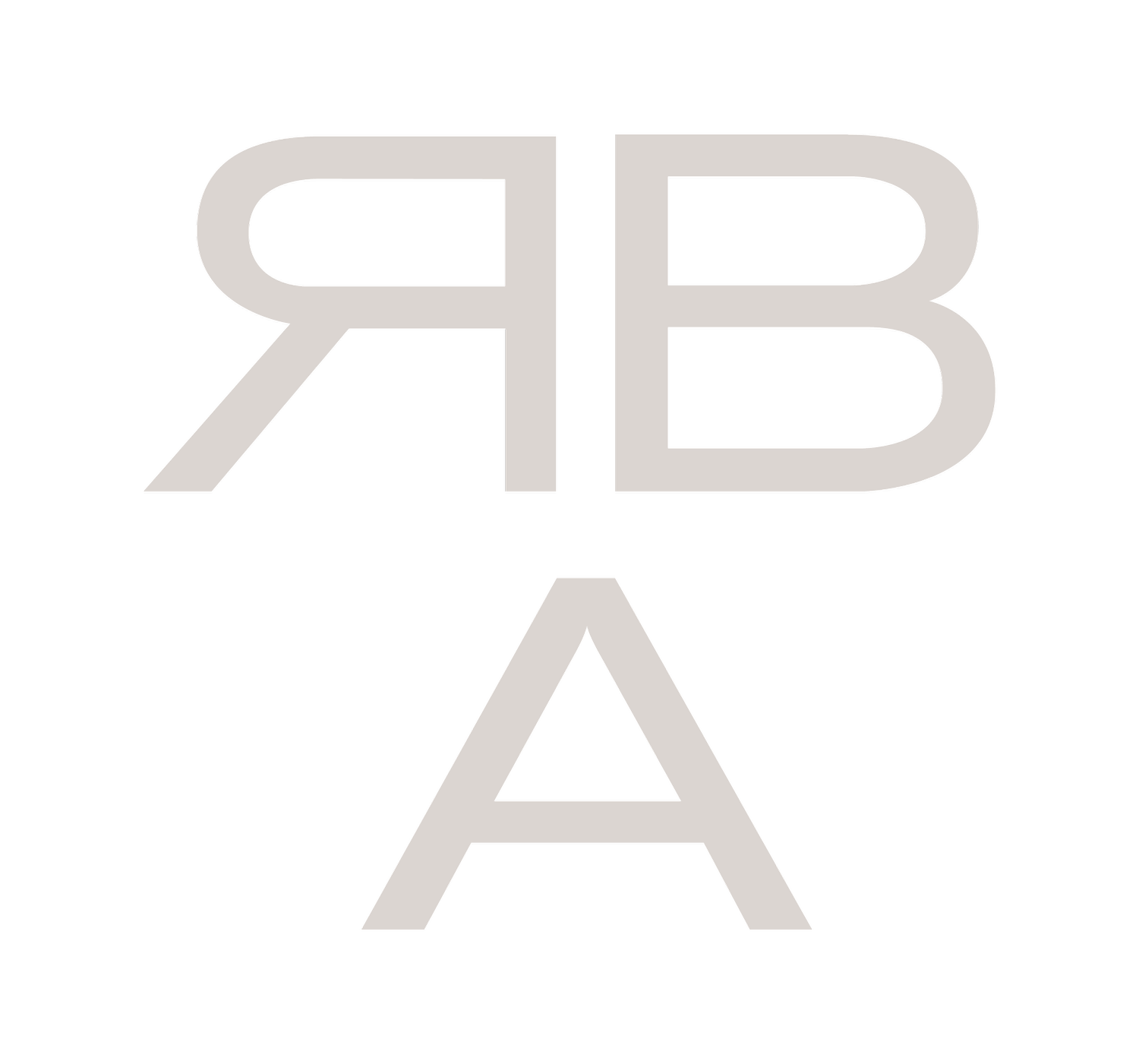WALL STREET JOURNAL | CHAD BRAY
NEW YORK—In a potential setback for luxury brands trying to combat sales of knock-offs on the Web, a federal appeals court on Thursday sided with eBay Inc.EBAY -3.55% in a lawsuit against the online auctioneer by jeweler Tiffany TIF -1.37% & Co.
The U.S. Second Circuit Court of Appeals here upheld a district judge's 2008 ruling that eBay couldn't be held liable for trademark infringement for counterfeit jewelry sales on its site, unless it had specific knowledge an item might be counterfeit.
Ebay has fought back a number of challenges by luxury-goods makers in recent years. Last year it won victories in British and French courts over the sale of fake L'Oreal SAOR.FR -1.40% products on its site.
The Tiffany lawsuit, which was filed in 2004, has been closely watched because the U.S. market accounts for the bulk of eBay's business, providing $3.88 billion, or nearly half, of the company's 2009 revenue.
At trial in 2007, Tiffany argued that eBay knew it had a problem with counterfeit luxury goods on its Web site and should be forced to take a more aggressive approach to policing it.
The appeals court on Thursday said eBay has a "strong incentive" to reduce the number of counterfeit goods sold on its Web sites and has taken a number of steps to do so, including removing suspect auctions when notified by a trademark holder.
"The risk of alienating users gives eBay a reason to identify and remove counterfeit listings," U.S. Circuit Judge Robert D. Sack said in Thursday's ruling.
Michael R. Jacobson, eBay's general counsel, said the decision was a "critically important victory" for consumers and said eBay supports cooperation with brands, rather than litigation, to combat counterfeit goods.
Tiffany said the decision was a loss for consumers, and said it is considering whether to appeal to the Supreme Court. "As an e-commerce leader, eBay has a responsibility to protect consumers and promote trust in its marketplace," said Michael J. Kowalski, Tiffany's chairman and chief executive.
One bright spot for Tiffany was that the appeals court reinstated its false-advertising claims against eBay and referred them back to the lower court for more proceedings. The false-advertising claims related to ads on its Web site for Tiffany products and sponsored links on search engines.
Tiffany "can try to prove up its claim that this was false advertising," said Brian E. Banner, an adjunct law professor at George Mason University. "That's good news for brand owners."
"Nothing is more important to a luxury brand than image and authenticity," said Robert Burke, president of Robert Burke Associates, a New York-based luxury-goods consulting firm.
